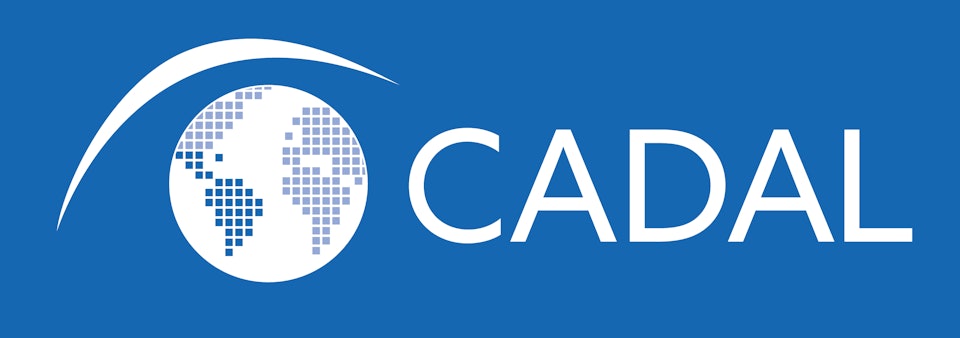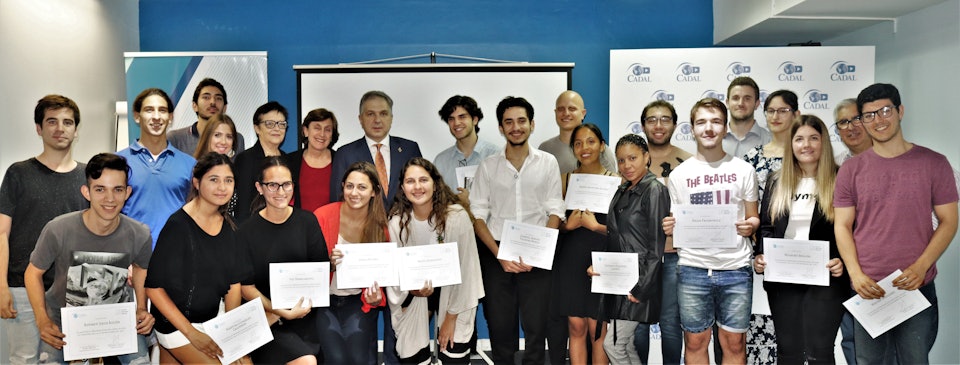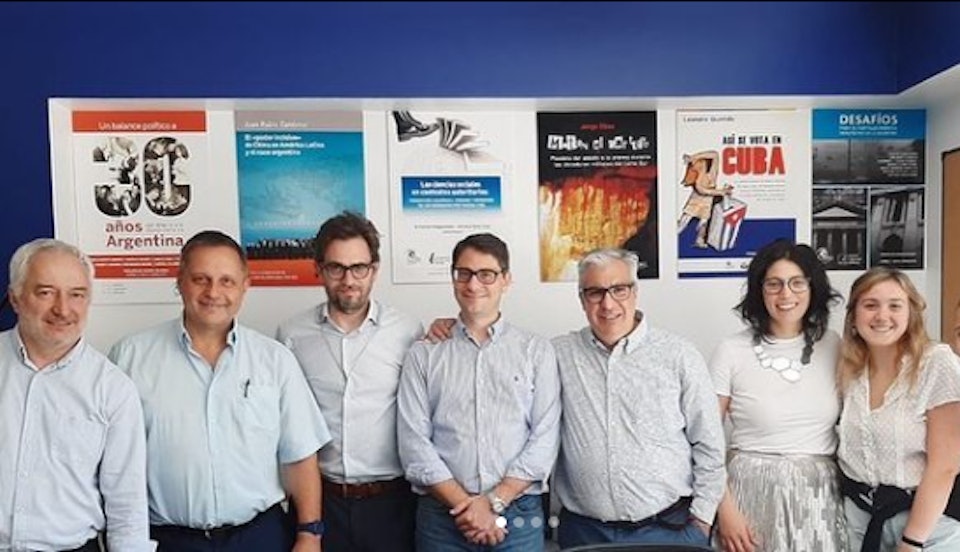Featured Organization
Centro para la Apertura y el Desarrollo de América Latina (CADAL)
Argentina

The Centro para la Apertura y el Desarrollo de América Latina (Center for the Opening and Development of Latin America - CADAL) was founded in 2003 in a context of political and economic turmoil affecting Argentina and several other countries in South America. CADAL is a private non-profit foundation that has no affiliation to political parties, and is considered one of the most influential human rights organizations in Latin America. The organization is composed of twenty active members (excluding its advisory committee), its goal being to promote democracy and defend human rights in Latin America and around the world. Its headquarters are located in Buenos Aires. In 2020, the global division of the organization was established in the United States as CADAL Foundation.
CADAL’s efforts to defend human rights throughout the world focus on the lives of individuals who suffer severe restrictions on their freedoms. Among its different streams of activity, CADAL facilitates initiatives that support artists at risk and raise awareness about the state of artistic freedom in Latin America, making it a natural partner of the Artists at Risk Connection (ARC). Their work promoting international democratic solidarity is always fostered in collaboration with activists and civil society organizations that share the same mission of creating more just and free societies.

During the years of the Argentinian dictatorship (1976-1983), there were few active human rights defenders in the country and it became clear to dissidents that the construction of an international network of solidarity was necessary to bring back freedom to Argentinian society. Considering that today there are more than fifty authoritarian regimes around the world, CADAL’s mission to improve the lives of people under autocratic rule and denounce the human rights abuses that they suffer remains incredibly salient.
CADAL largely achieves its work through five specific projects:
The Observatory for International Relations and Human Rights focuses on countries around the world that are ruled by authoritarian regimes. For instance, the Observatory monitors the activities of the United Nations, analyzing the votes taking place in the General Assembly and the UN Human Rights Council and highlighting specific cases of violation taking place in the Latin American region. The Observatory also defends freedom of movement across borders and proposes an open borders policy for the region. It also monitors and analyzes the behavior of autocratic regimes through the universal human rights system of the UN. In particular, it examines international relations within Latin America and highlights strategies of misinformation and omission by autocracies.

The Defense of Freedom of Artistic Expression project operates in alliance with Freemuse and now ARC, documenting and exposing episodes of censorship affecting artists, cultural workers, and institutions in Latin America. CADAL firmly believes that cultural expression can shake power structures and generate spaces for criticism and debate that are vital for the democratic life of a society. Their public actions include letters and petitions addressed to governments, international organizations, policymakers, and the general public. They also strive to support artists at risk and conduct research on and raise visibility about artistic freedom. On their website, one can access several critical essays and publications on cases in Argentina, Venezuela, Brazil, and Cuba, among other countries.
CADAL’s Democratic Governance Monitoring Project analyzes the political, economic and institutional performance of global democracies. Part of this project is the Latin American Forums, a space aimed at reflecting on the actuality of Argentina and the region, especially from the point of view of the health of local democracies.
The Initiative of Promotion of Political Openness in Cuba is aimed at providing recognition and support to democratic partners and colleagues on the Caribbean island. Through this initiative, CADAL demands freedom of association and requests recognition and respect of the independent civil society in Cuba. Openness is promoted by providing visibility to pro-democracy activists, human rights defenders, artists, and independent journalists. CADAL is determined to challenge censorship and monitor the Cuban government’s international relations and hold it accountable to the UN's universal human rights framework.

Finally, the Vaclav Havel Institute promotes the ideas of dialogue and solidarity that were part of the philosophy and actions of the Czech political leader. Civic commitment and human rights are promoted through public programs, conferences, and other exchanges between organizations and institutions of the Czech Republic.
While focusing on a broad range of human rights issues faced by communities around the world, CADAL remains a particularly key partner of ARC in Latin America, and we are grateful for their research, expertise, and unflagging efforts to defend freedom of expression in the region and across the globe.
By Alessandro Zagato, ARC's Regional Representative for Latin America
Photos courtesy of CADAL
Published June 16, 2021